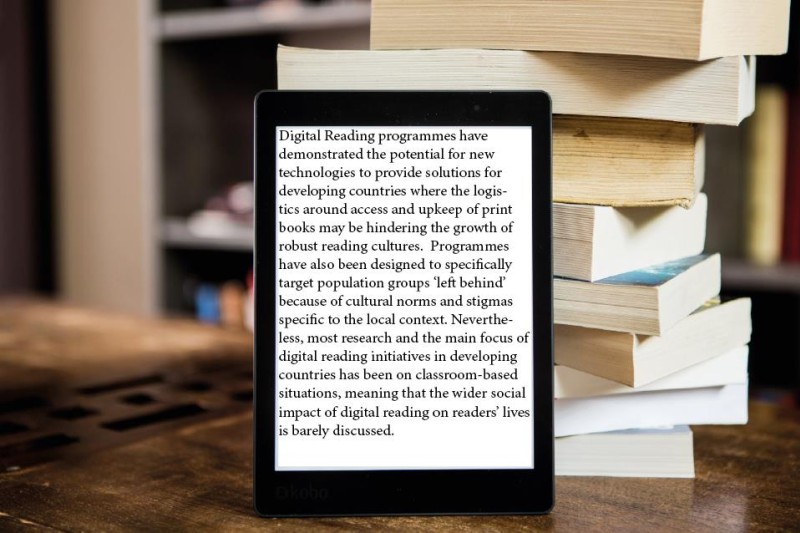We’re committed to enriching society through our education, the impact of our research and our contribution to tackling global challenges.
Our research strengths lie across a number of societally-driven areas – from helping people live better for longer, to protecting and preserving our environment, and supporting creative industries and cultural heritage to thrive.
We work with partners across the world to share our knowledge and inspire others while our work and expertise contributes to policy at a regional, national and international level.
This page highlights just some of the ways in which we are making a difference and supporting the development of evidence-based policy. Please get in touch with our Policy and Public Affairs team if you would like to work with us or find out more.
Working with This is Purpose, an Impact Report has been created to show the evidence of BU's impact in the region:
Read the latest news:
Working with Parliament and influencing policy
We want our research to make a difference, and support our academics to share their work and insights with those who can put it into practice, making sure it is shared and implemented nationally and internationally for everyone to benefit.
Read the profiles below to learn more about some of the different ways we are working with Parliament and influencing policy:

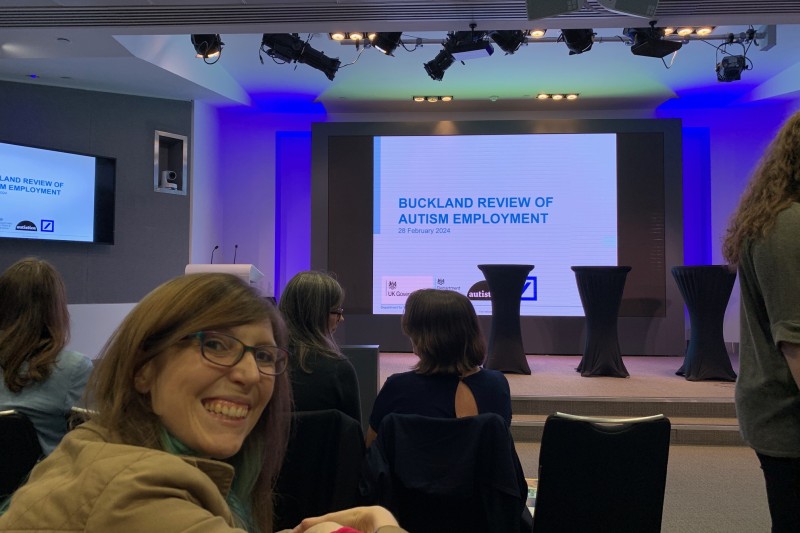
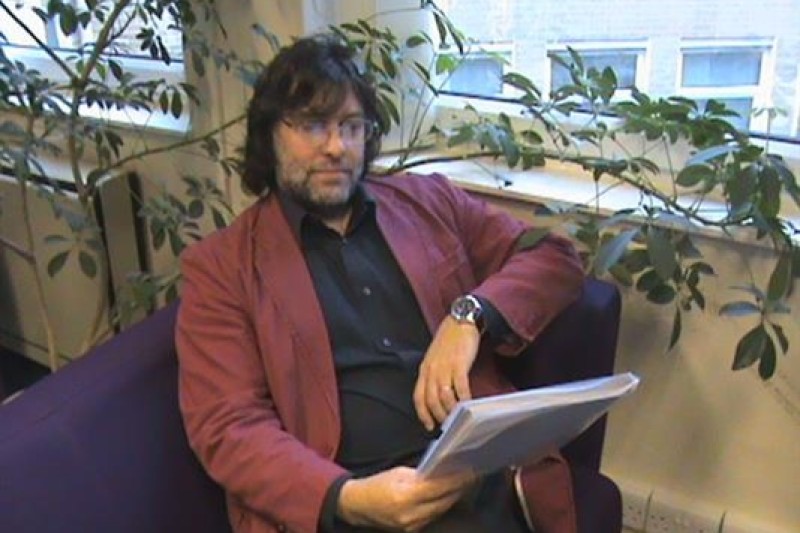

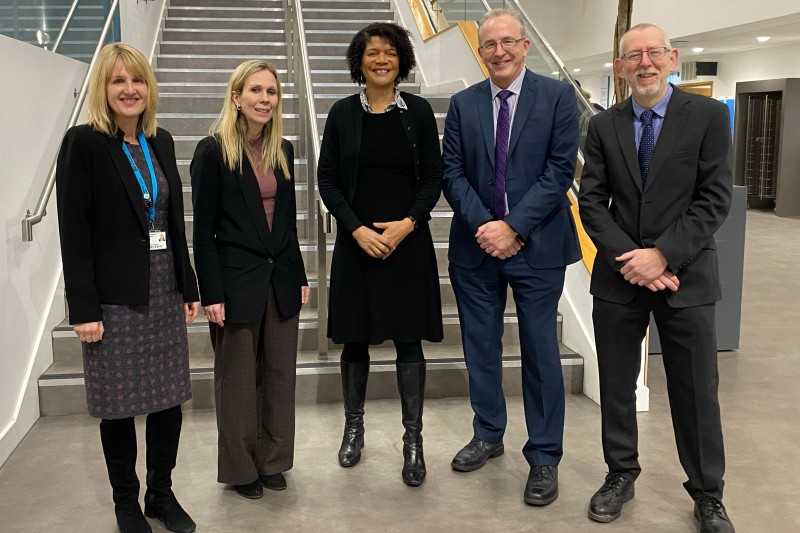
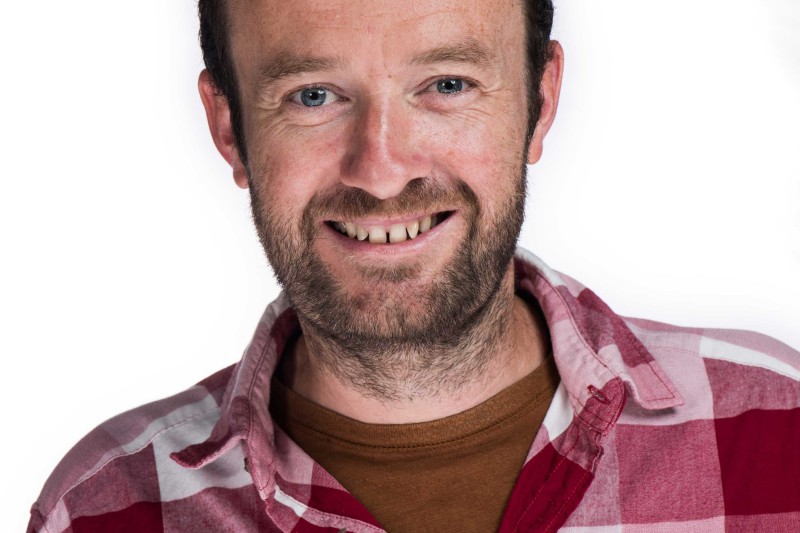



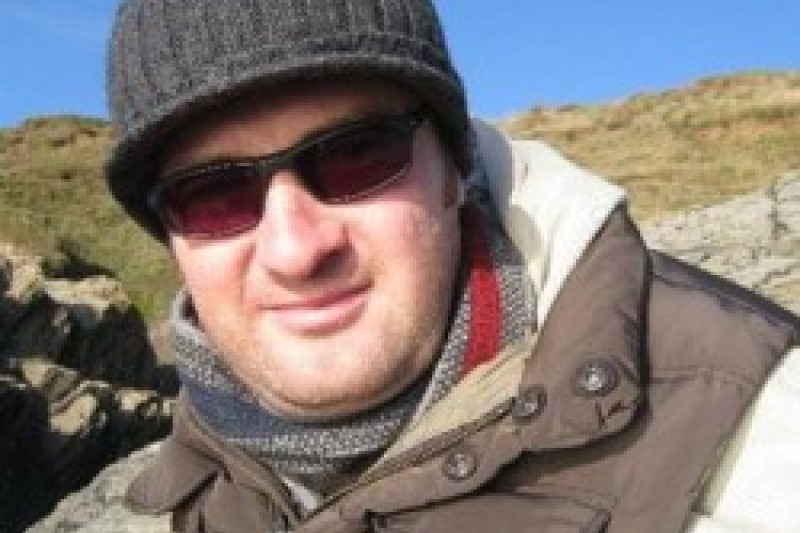

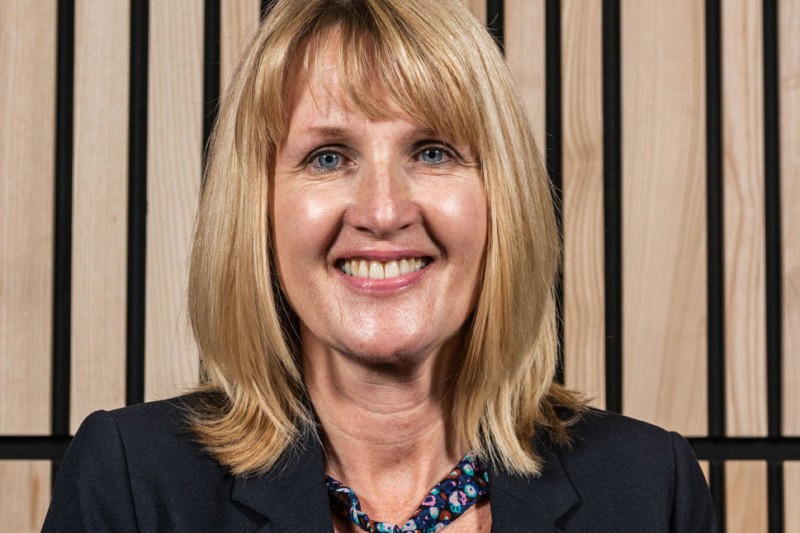




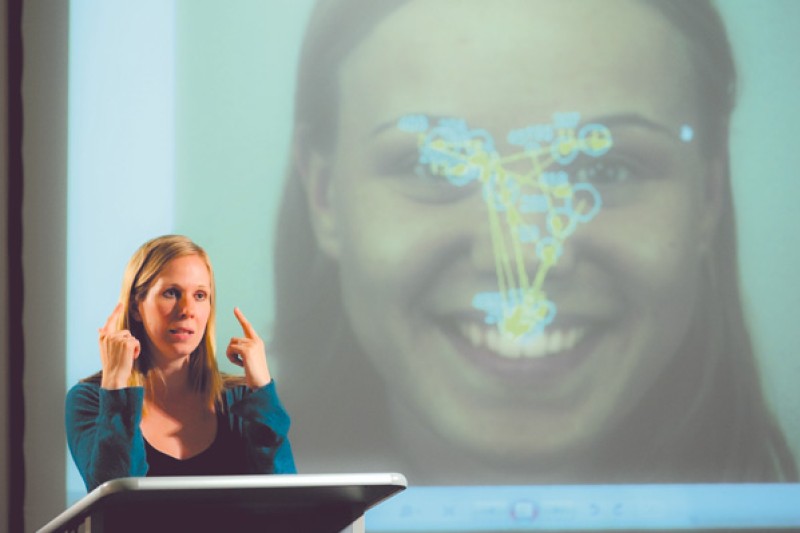 Professor Sarah Bate
Professor Sarah Bate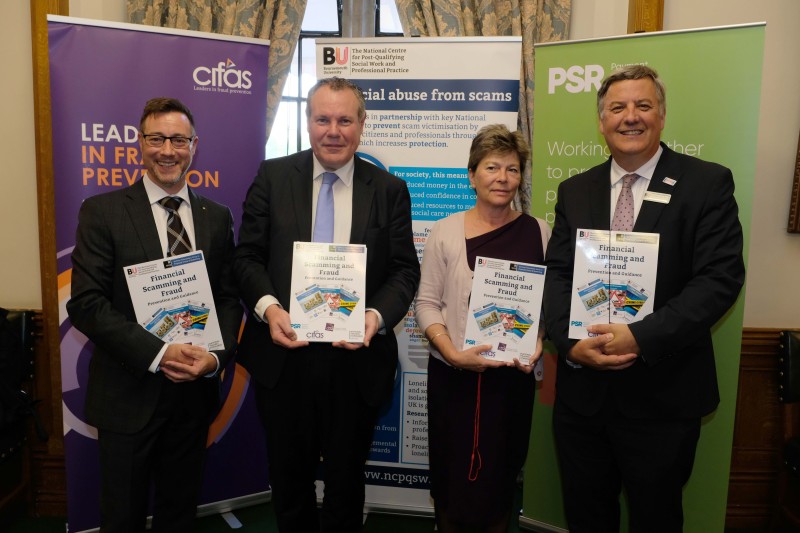 The All-Party Parliamentary Group on Financial Crime and Scamming at the launch of a guide on fraud and scams
The All-Party Parliamentary Group on Financial Crime and Scamming at the launch of a guide on fraud and scams